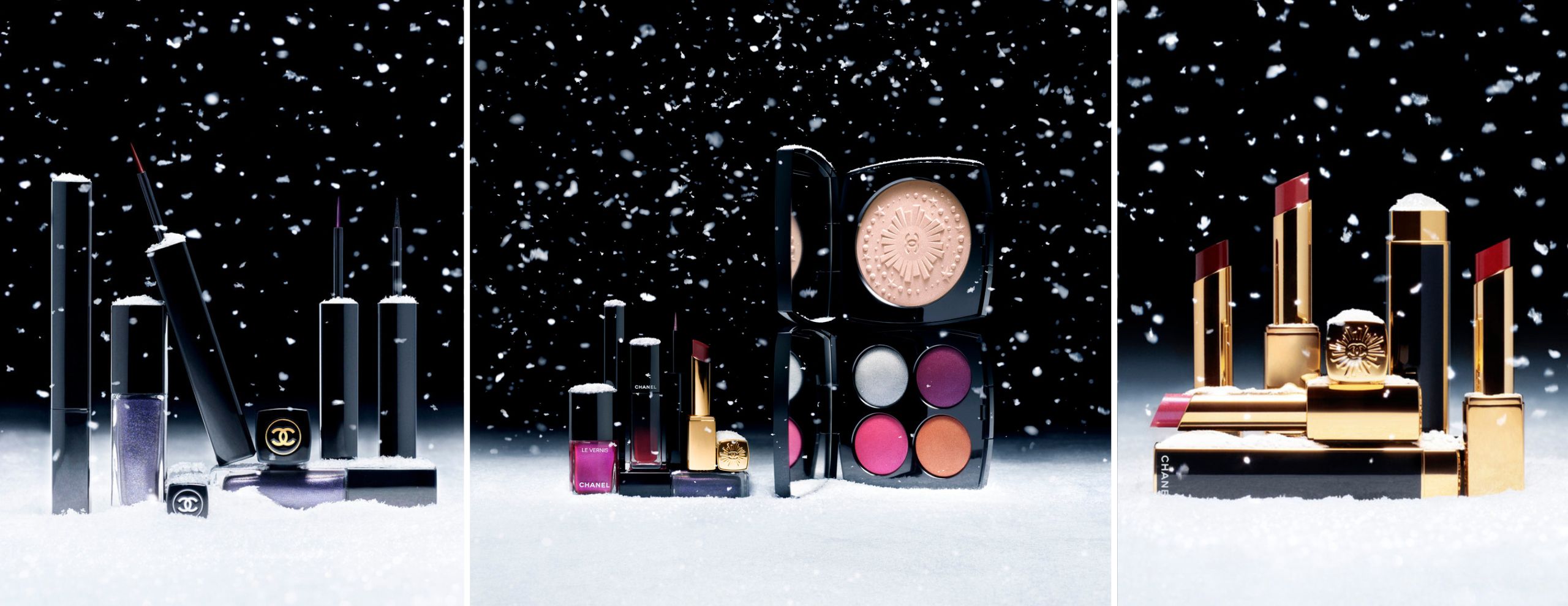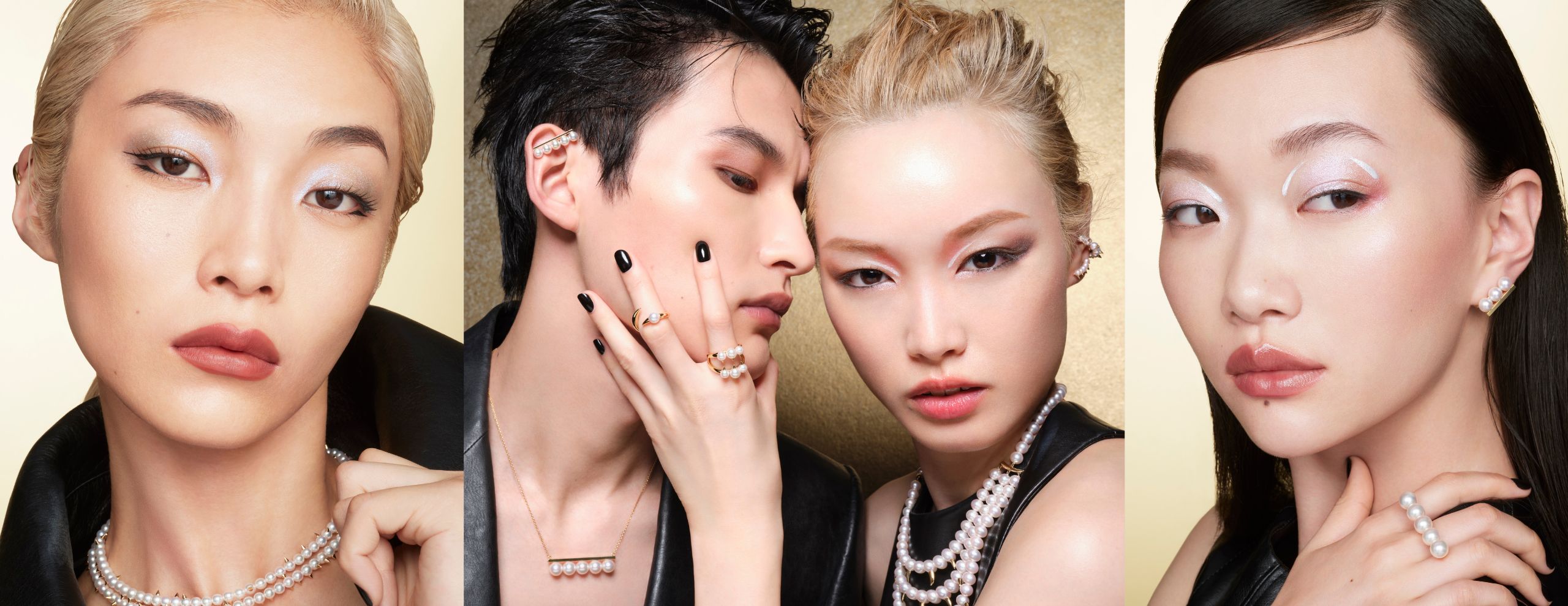After decades of fashion shows, we’ve mostly seen presentations filled with clothes that are aesthetically arrresting. However, not many are driven by an important social message, and even fewer have a powerful spokesperson walking down the runway. Archana Kochnar’s show at New York Fashion Week ticked all the boxes when she sent Reshma Qureshi out as her first model.
You may remember Reshma Qureshi from the impactful beauty tutorial that aimed to draw attention to the acid sales, revealing just how easy it is to obtain acid with the chilling line, “You’ll find lipstick easily in the market… just like concentrated acid.” When Reshma was 17, she was doused in acid by her sister’s estranged husband in Northern India. Thanks to a crowdfunding effort, she was able to receive corrective cosmetic surgery, and she is currently dedicating her voice to raising awareness about this horrific practice.
Now, at the age of 19, she’s the face of the #EndAcidSale movement of the non-governmental organisation Make Love Not Scars, which is based in New Delhi. She made her way to the US where she took on the runway, determined to show her quiet defiance as an acid attack survivor and to send a powerful message of courage and empowerment, promoting Make Love Not Scars’ #TakeBeautyBack campaign. She told Agence France-Presse (AFP), “I want to tell the world – do not see us in weak light and see that even we can go out and do things.”
In a society where a woman’s worth is still bound to her physical appearance, the disfigurement, pain, and psychological trauma that acid attacks cause can give women like Resha a lifetime of struggles. Unfortunately, Resha is only one among hundreds of Indian women to suffer from this atrocious crime every year. In 2014, 309 cases of acid attacks were reported in India. Despite regulations by the state government, the open sale of acid continues to grow. Across areas of India and in some South Asian communities, acid attacks have become a commonplace. Similar to honour killings, women are often attacked by the people they know, such as those who believe they have “dishonoured” the family.
Another acid attack survivor who goes by the single name, Laxmi, is now one of India’s most prominent campaigners against acid attacks. She is in London to take part in a fashion show at the Hilton Waldorf hotel in an effort to raise awareness about violence against women. Organised by the British Asian Trust and women’s rights charity GMSP, the event also features a British survivor Adele Bellis, whose acid attack was orchestrated by her former partner in 2014.
There is so much more that needs to be done to bring attention to authorities and sensitise our society to its savagery. The very first step is to empower the survivors to make sure that the world recognises them for more than just their brutal experiences, and with the inclusion of acid attacks survivors walking international runways, it’s a step in the right direction. Women and girls should be entitled to live free, fulfilled lives, safe from the threats of violence and corrupted morality brought about by patriarchal dictation. By giving these survivors a platform, they will be able to push against the norms of beauty, to reclaim their lives and stories.










